Mindfulness Holistic Wellness & Healing Reviews

The burgeoning interest in mindfulness and holistic wellness has fueled a surge in related programs, workshops, and retreats. Consumers are increasingly seeking alternatives and complementary approaches to traditional healthcare, leading to a growing demand for reliable reviews and assessments of these offerings. But navigating this expanding landscape requires careful consideration, as the quality and efficacy of these practices can vary significantly.
This article explores the evolving world of mindfulness, holistic wellness, and healing reviews. It delves into the types of services being reviewed, the platforms where reviews are found, and the factors consumers should consider when evaluating these reviews.
The Rise of Holistic Wellness and Mindfulness
Holistic wellness encompasses a wide range of practices that address the physical, mental, emotional, and spiritual aspects of well-being. This includes modalities like yoga, meditation, acupuncture, massage therapy, herbal medicine, and mindfulness-based stress reduction (MBSR). Mindfulness, in particular, has gained considerable traction in recent years, with applications in stress management, mental health, and overall well-being.
The increased interest in these practices is driven by various factors. These include a growing awareness of the limitations of conventional medicine, a desire for more personalized and preventative care, and a search for meaning and purpose in life. According to a 2022 report by the National Institutes of Health (NIH), the use of complementary and alternative medicine (CAM) is prevalent among adults in the United States.
The report indicates that many individuals turn to CAM therapies, including mindfulness and holistic practices, to manage chronic pain, anxiety, and other health conditions. This trend has created a market for wellness providers and practitioners, necessitating accessible and trustworthy reviews.
Navigating the Review Landscape
Consumers seeking guidance on mindfulness and holistic wellness programs often turn to online reviews. These reviews can be found on a variety of platforms, including dedicated wellness websites, review aggregators, and social media platforms. Yelp, Google Reviews, and Healthgrades are popular choices, as well as niche websites specializing in specific wellness modalities.
However, not all reviews are created equal. It’s crucial for consumers to critically evaluate the source, credibility, and objectivity of the reviews they consult.
Key Considerations for Evaluating Reviews:
Several factors should be considered when analyzing reviews of mindfulness and holistic wellness services.
Source Credibility: Is the review coming from a reputable source? Are the reviewers verified users or anonymous accounts? Look for platforms with robust verification processes and clear policies on fake reviews.
Reviewer Bias: Consider the potential biases of the reviewer. Were they compensated for their review? Do they have a vested interest in the program or practitioner being reviewed? Be wary of reviews that are overly positive or negative without providing specific details.
Specificity and Detail: A good review should provide specific details about the reviewer's experience. What did they like or dislike about the program? Did they experience any tangible benefits? Generic or vague reviews are less helpful.
Multiple Perspectives: Don't rely on a single review. Look for a range of opinions and perspectives to get a more balanced understanding of the program or practitioner. Pay attention to recurring themes or patterns in the reviews.
Practitioner Credentials: Verify the credentials and qualifications of the practitioner or program provider. Are they licensed or certified in their field? Do they have a proven track record of success? Reputable practitioners will typically display their credentials prominently.
The Human Element: Personal Experiences and Testimonials
Beyond standardized reviews, personal experiences and testimonials can offer valuable insights. Sarah Miller, a yoga instructor in Boulder, Colorado, emphasizes the importance of authentic testimonials. “People connect with stories,” she says. “Hearing how a particular practice has positively impacted someone’s life can be very powerful."
However, it's important to remember that personal experiences are subjective and may not be representative of everyone's experience. What works well for one person may not work for another. Consider testimonials as one piece of the puzzle, rather than the definitive answer.
"Reviews helped me finally choose the right yoga class. It made me feel confident about where I was spending my money." - Lisa Chen, a San Francisco resident.
The Impact on Society
The rise of mindfulness and holistic wellness reviews has implications for both consumers and practitioners. For consumers, access to reliable reviews can empower them to make informed decisions about their healthcare and well-being. For practitioners, positive reviews can attract new clients and build their reputation, while negative reviews can provide valuable feedback for improvement.
Ultimately, the goal is to foster a more transparent and accountable wellness ecosystem. Where consumers can access safe, effective, and ethical practices.
Conclusion
The world of mindfulness, holistic wellness, and healing is vast and constantly evolving. As consumers increasingly seek these practices, the importance of reliable reviews becomes paramount.
By critically evaluating review sources, considering potential biases, and seeking multiple perspectives, individuals can navigate this landscape with greater confidence. The key is to approach reviews as a tool for informed decision-making, rather than a definitive answer.
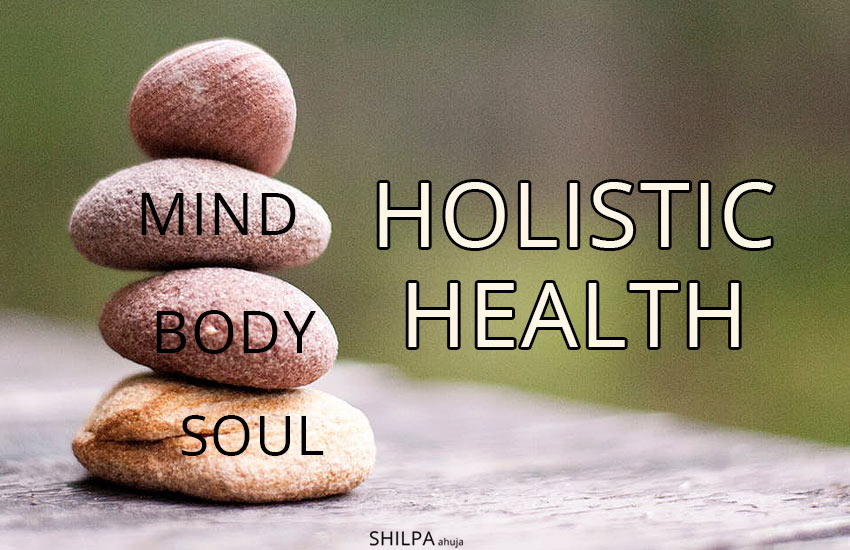





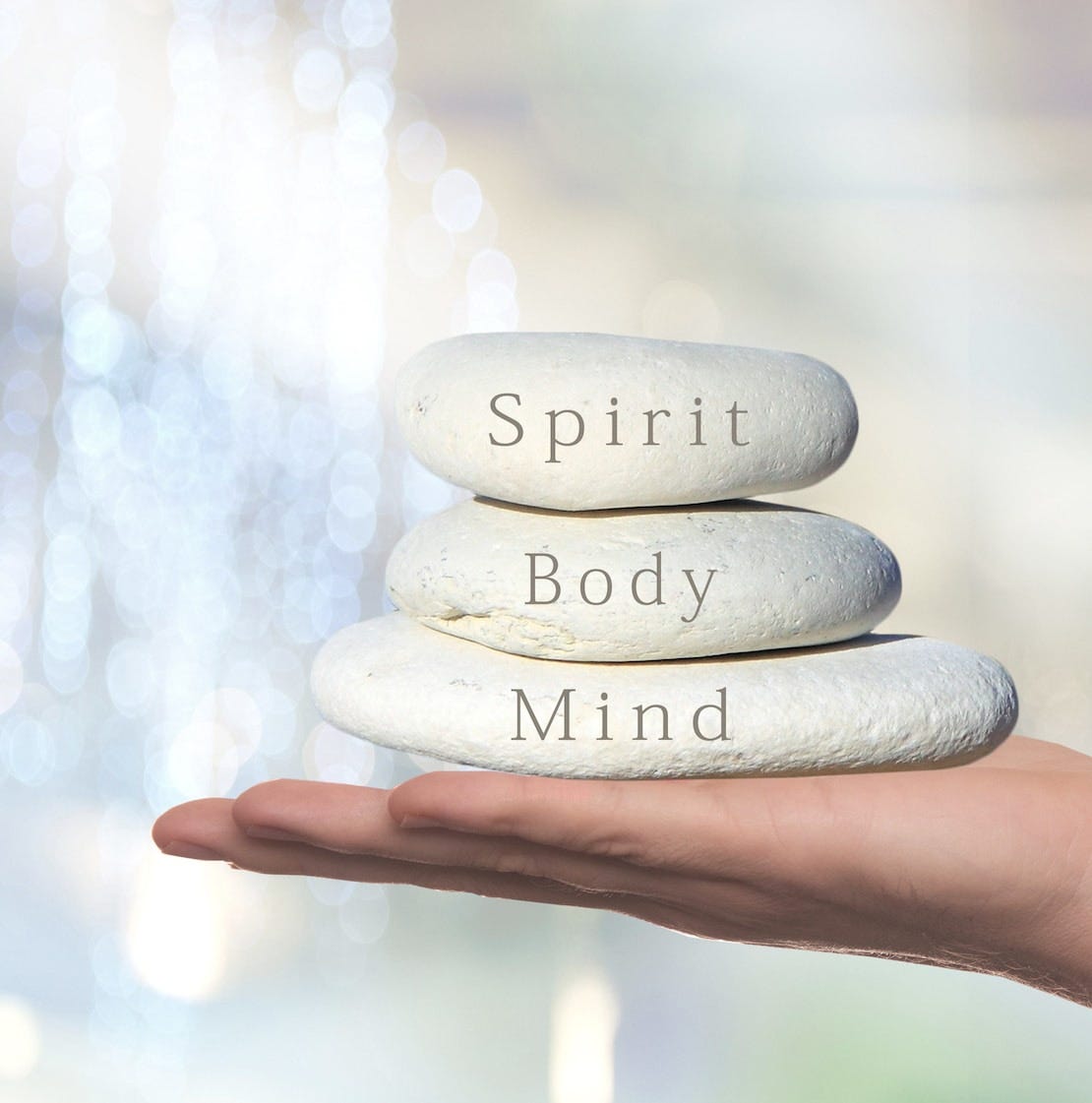

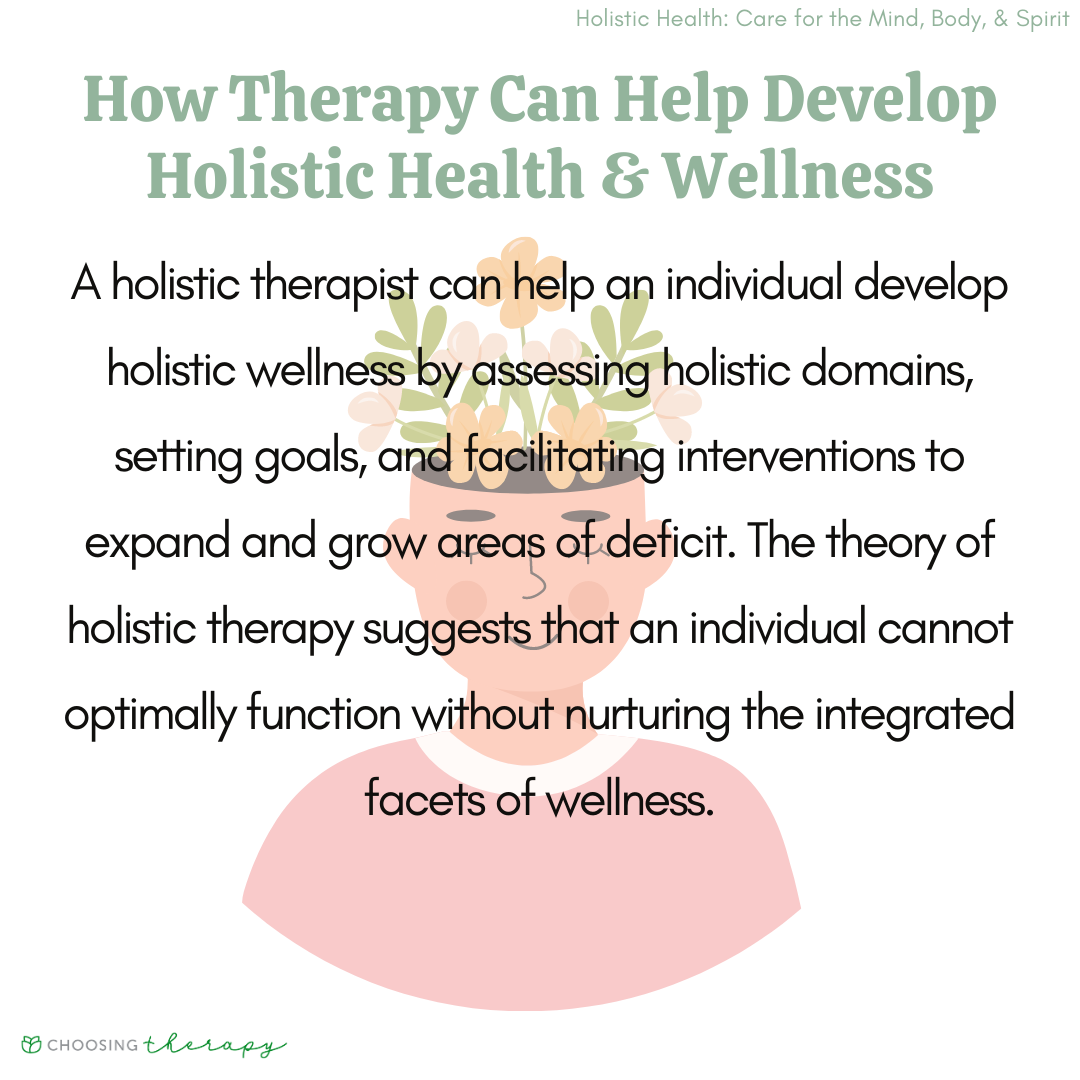

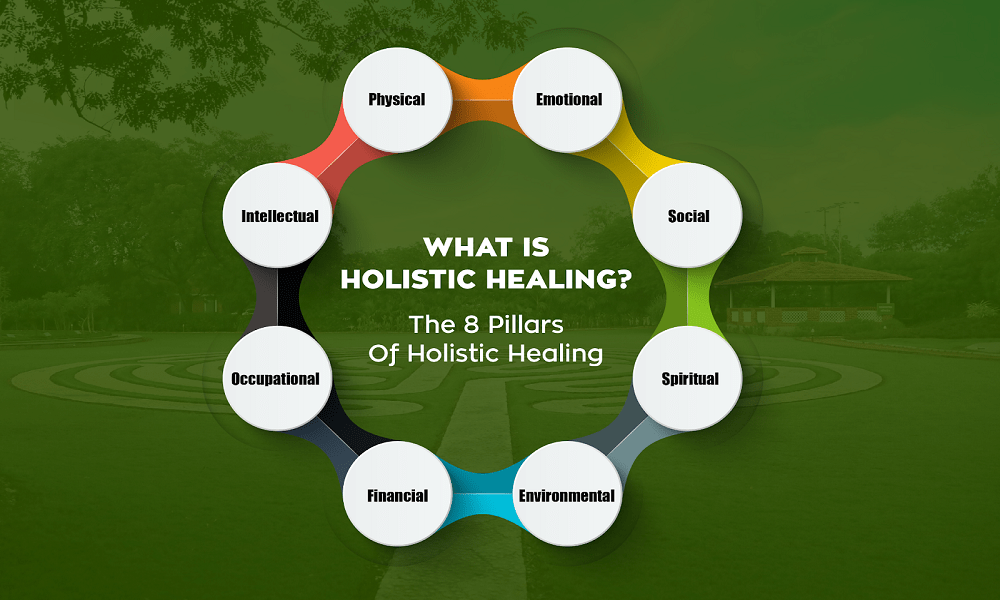

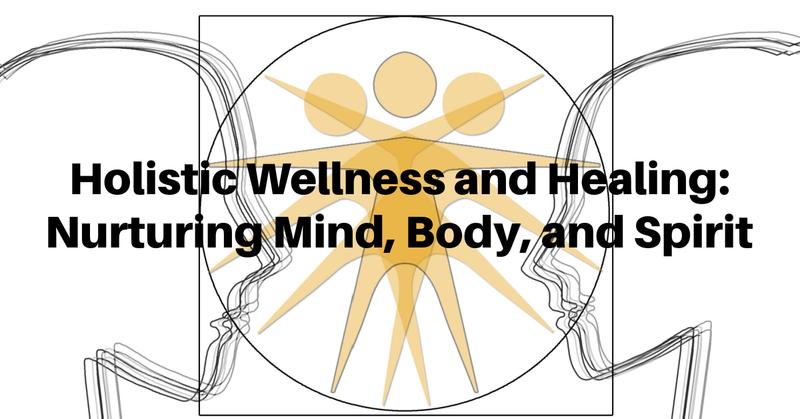
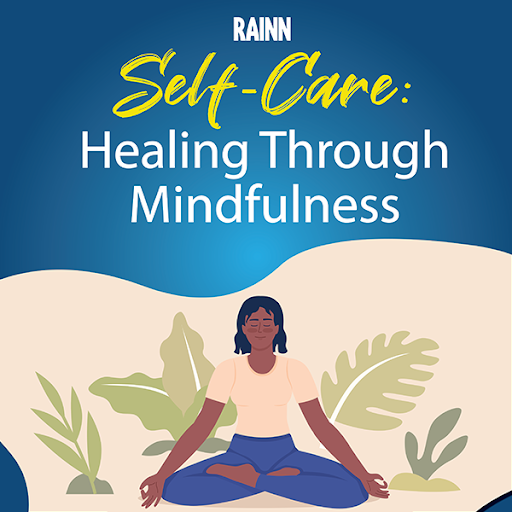


.jpg?format=1500w)

